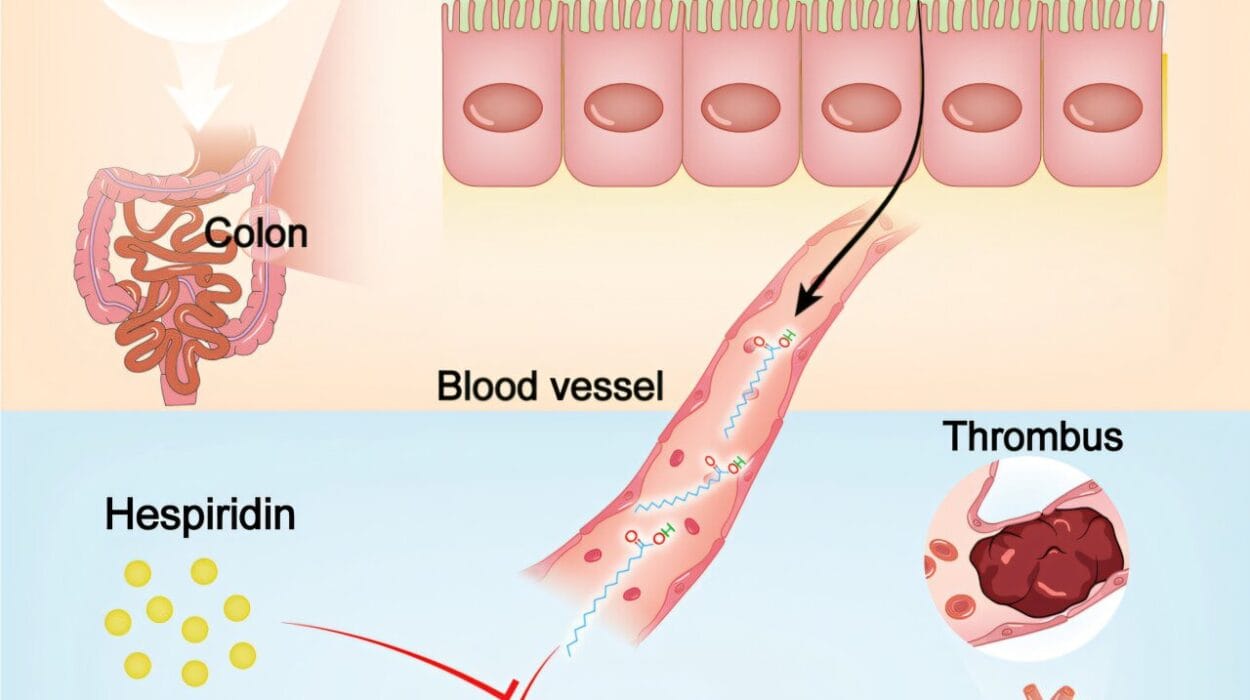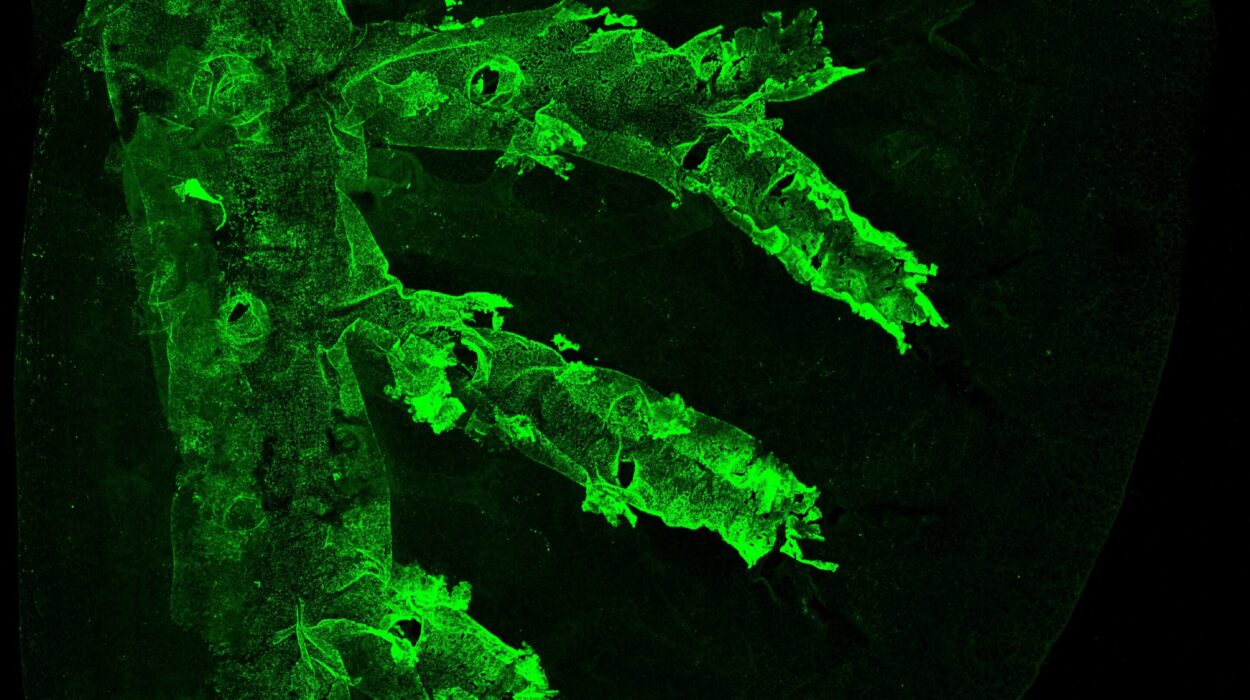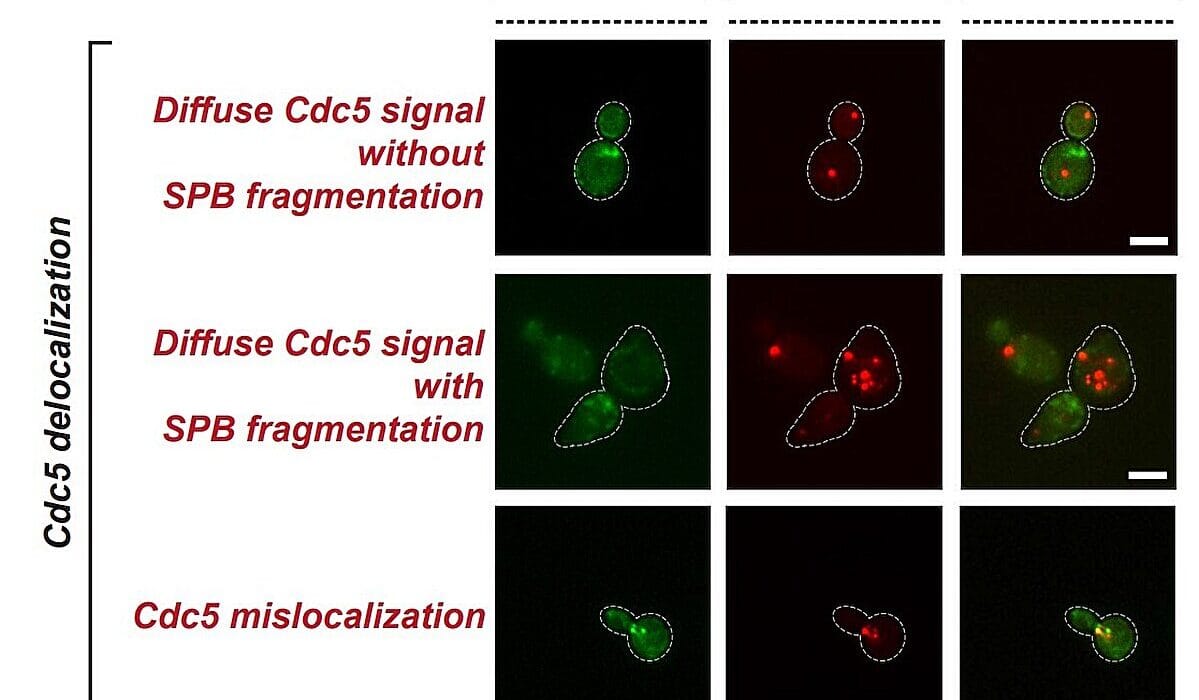Bipolar disorder, once known as manic-depressive illness, is one of the most complex and least understood mental health conditions. It causes extreme mood swings, including emotional highs (mania or hypomania) and severe lows (depression), that can interfere with daily life, work, and relationships. For individuals living with bipolar disorder, these mood swings can feel like an uncontrollable force, capable of turning their lives upside down.
Over the past few decades, significant strides have been made in understanding what causes bipolar disorder, how it manifests, and how it can be effectively treated. Despite this progress, the disorder remains elusive in many ways, with its causes rooted in a complex interaction between genetic, biological, environmental, and psychological factors. What was once considered a simple mood disorder is now understood to be a multifaceted condition, with research uncovering new insights into its neurobiological and genetic underpinnings.
This article delves into the latest research on what causes bipolar disorder, the emerging theories about its mechanisms, and the advanced treatments that are helping to manage this condition more effectively.
The Genetic Foundation of Bipolar Disorder: A Family Affair
One of the most well-established aspects of bipolar disorder is its genetic component. Family studies consistently show that individuals with a first-degree relative (such as a parent or sibling) who has bipolar disorder are at a significantly higher risk of developing the condition themselves. This has led researchers to investigate how specific genes may contribute to the development of bipolar disorder.
Recent advancements in genetic research, particularly the sequencing of the human genome, have provided valuable insights. It is now understood that multiple genes, each contributing a small effect, are involved in the development of bipolar disorder. These genes are believed to affect the regulation of neurotransmitters, which play a crucial role in mood regulation.
For instance, research has pointed to variations in the genes related to the neurotransmitters serotonin, dopamine, and glutamate, all of which are critical in mood regulation and cognition. Abnormalities in these neurotransmitter systems can lead to the heightened mood states seen in mania and the depressive episodes that characterize the condition.
Though genetics plays a significant role, the specific genes responsible for bipolar disorder remain an area of active investigation. A study published in Nature Genetics in 2018 found over 60 genetic variants linked to bipolar disorder, suggesting that the disorder is influenced by a complex genetic network rather than a single gene.
However, the story of bipolar disorder is not just written in our genes. The interaction between genetics and environmental factors appears to be crucial, pointing to the idea that bipolar disorder is a multifactorial condition, shaped by both our genetic makeup and life experiences.
The Role of Neurobiology: How the Brain Works Differently in Bipolar Disorder
The brain is a complex organ, and its structure and function are deeply influenced by both genetic and environmental factors. In individuals with bipolar disorder, changes in brain structure and function are often observed. These changes are thought to contribute to the mood swings that characterize the disorder.
One of the key findings in neurobiology is the alteration of brain regions involved in emotional regulation, such as the prefrontal cortex and the amygdala. The prefrontal cortex, which is responsible for decision-making, impulse control, and emotion regulation, often shows decreased activity during depressive episodes. During manic episodes, on the other hand, there may be hyperactivity in the prefrontal cortex, which could explain impulsive behavior, poor judgment, and risk-taking.
The amygdala, a region of the brain involved in processing emotions, particularly fear and pleasure, has also been implicated in bipolar disorder. Studies have shown that the amygdala is hyperactive during both manic and depressive states, which may contribute to the emotional extremes that individuals with bipolar disorder experience.
Brain imaging studies, such as functional magnetic resonance imaging (fMRI) and positron emission tomography (PET), have provided further evidence of these brain abnormalities. These techniques allow researchers to observe real-time changes in brain activity and provide valuable insights into the neurobiological underpinnings of bipolar disorder. The research suggests that the brain in bipolar disorder functions differently during mood swings, but the precise mechanisms remain an area of active research.
Additionally, a growing body of evidence suggests that neuroinflammation—an inflammatory response in the brain—may play a role in the development and progression of bipolar disorder. Some researchers theorize that an overactive immune system in the brain could contribute to the mood dysregulation seen in bipolar disorder. This has led to the exploration of anti-inflammatory treatments as potential therapeutic options for those with bipolar disorder.
Environmental Factors: Stress, Trauma, and Life Events
While genetics and neurobiology set the stage, environmental factors can trigger or exacerbate bipolar disorder. Stress is one of the most significant contributors to the onset and recurrence of bipolar episodes. Life events, such as the loss of a loved one, a difficult breakup, financial troubles, or major life transitions, can serve as stressors that precipitate both manic and depressive episodes.
Research has shown that individuals with bipolar disorder often experience heightened sensitivity to stress, meaning that even minor stressors can trigger mood swings. This heightened sensitivity may be linked to the dysregulation of the hypothalamic-pituitary-adrenal (HPA) axis, the body’s primary stress response system. In individuals with bipolar disorder, this system may be overactive, leading to an exaggerated response to stress.
Childhood trauma and abuse also play a significant role in the development of bipolar disorder. Adverse childhood experiences (ACEs), such as emotional or physical abuse, neglect, or growing up in an unstable or abusive environment, have been shown to increase the risk of developing bipolar disorder later in life. The relationship between trauma and bipolar disorder is complex, but it is thought that traumatic experiences may alter brain functioning and increase vulnerability to mood disorders.
Moreover, sleep disturbances are both a symptom and a trigger for bipolar disorder. Changes in sleep patterns, such as insomnia during manic episodes or excessive sleep during depressive episodes, are common. Sleep deprivation, in particular, has been shown to increase the likelihood of triggering a manic episode, and researchers are investigating how disruptions in circadian rhythms—the body’s internal clock—may contribute to the development of bipolar disorder.
The Latest Research: Toward Precision Medicine
One of the most exciting areas of bipolar disorder research is the move toward precision medicine. Precision medicine refers to tailoring medical treatment to the individual characteristics of each patient, such as their genetic makeup, lifestyle, and environmental factors. This approach is particularly promising in the context of bipolar disorder, where treatment responses can vary significantly from person to person.
Recent research has focused on identifying biomarkers for bipolar disorder—biological indicators that can help diagnose the disorder and predict how an individual will respond to different treatments. For example, certain genetic markers or patterns of brain activity could indicate a person’s susceptibility to bipolar disorder or their likelihood of developing specific symptoms.
One area of research that holds promise is the use of advanced neuroimaging techniques to map brain activity in individuals with bipolar disorder. These technologies can help identify specific neural circuits that are disrupted in bipolar disorder, providing insight into the underlying mechanisms of the disorder and helping to guide treatment decisions.
Furthermore, pharmacogenomics—the study of how genes influence an individual’s response to medication—is an emerging field that could revolutionize the treatment of bipolar disorder. By analyzing a patient’s genetic profile, doctors may be able to predict which medications will be most effective, minimizing the trial-and-error process that many patients experience when finding the right treatment.
Treatment Options: Advances in Medication and Therapy
Over the years, treatment options for bipolar disorder have evolved significantly. The primary goal of treatment is to stabilize mood and prevent the recurrence of manic and depressive episodes. Medication, psychotherapy, and lifestyle changes all play important roles in managing the disorder.
Medication: Balancing Act
The cornerstone of bipolar disorder treatment is medication. The two main types of medications used to treat bipolar disorder are mood stabilizers and antipsychotics. Lithium, a mood stabilizer, has been the gold standard for treating bipolar disorder for decades. It works by reducing the frequency and severity of both manic and depressive episodes. However, lithium is not without side effects, and not everyone responds to it.
Antipsychotic medications, such as olanzapine and quetiapine, are often used to treat acute manic episodes or to stabilize mood in individuals who do not respond to lithium. These medications work by affecting neurotransmitters in the brain, such as dopamine and serotonin, which are implicated in mood regulation.
Antidepressants are also sometimes prescribed, but their use in bipolar disorder is controversial. While they can be effective in treating depressive episodes, they have the potential to trigger manic episodes in some individuals, particularly if not combined with a mood stabilizer.
Psychotherapy: A Holistic Approach
Psychotherapy, or talk therapy, is another crucial component of treatment for bipolar disorder. Cognitive behavioral therapy (CBT) is the most widely used therapeutic approach. CBT helps individuals identify and change negative thought patterns and behaviors that contribute to their mood swings. It can also help individuals develop coping strategies to manage stress and prevent relapse.
Interpersonal and social rhythm therapy (IPSRT) is another form of therapy that has shown promise for individuals with bipolar disorder. IPSRT focuses on stabilizing daily routines, particularly sleep-wake cycles, and improving interpersonal relationships. By addressing the triggers and consequences of mood swings, IPSRT helps individuals maintain stability and reduce the risk of manic and depressive episodes.
The Role of Lifestyle: Sleep, Nutrition, and Exercise
Lifestyle factors are also critical in managing bipolar disorder. Ensuring that a person with bipolar disorder maintains a regular sleep schedule, eats a balanced diet, and engages in regular physical activity can have a profound impact on mood stability. Exercise, in
particular, has been shown to reduce symptoms of depression and anxiety, while promoting overall mental health.
Mindfulness practices and relaxation techniques, such as meditation and yoga, are also beneficial for individuals with bipolar disorder. These practices can help reduce stress, improve emotional regulation, and enhance overall well-being.
The Road Ahead: A Future of Hope and Understanding
While there is still much to learn about bipolar disorder, the future holds tremendous promise. With ongoing advancements in genetic research, neuroimaging, and precision medicine, we are moving closer to a deeper understanding of this complex condition. The goal is not only to develop more effective treatments but also to prevent the disorder in individuals at risk, by intervening early and addressing genetic, environmental, and psychological factors.
As we continue to unravel the mysteries of bipolar disorder, it is important to remember that those living with the condition are not defined by it. With the right support, treatment, and lifestyle changes, individuals with bipolar disorder can lead fulfilling, productive lives. Through continued research and greater societal understanding, we can offer hope to those affected and pave the way for better treatment and care in the future.






